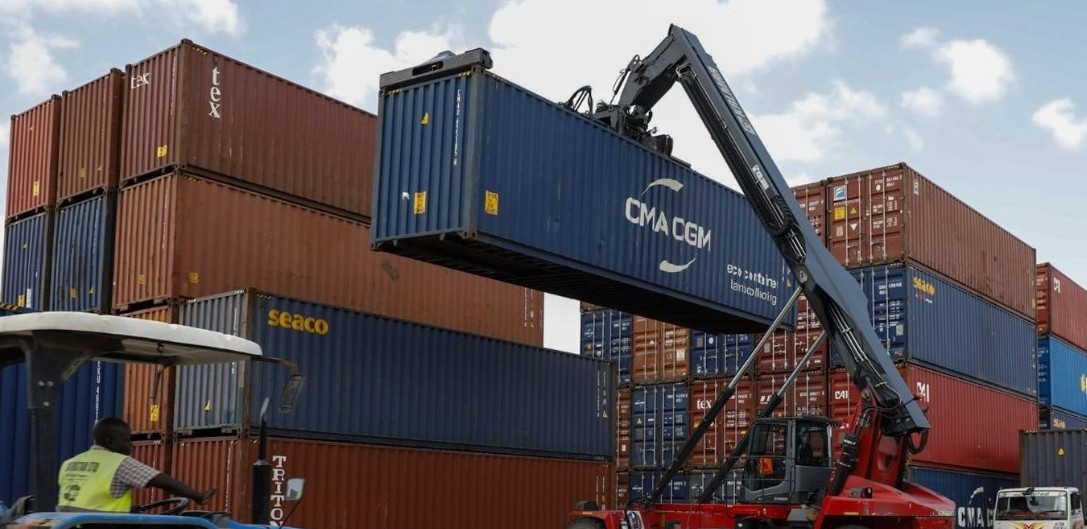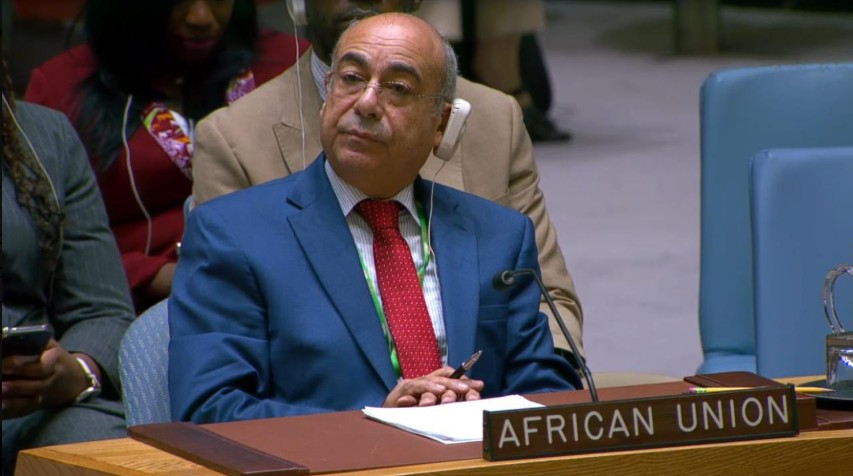Kenya losing over Sh79 billion annually to undervalued imports, says NTA

Kenya was grey-listed by the Financial Action Task Force (FATF) in February 2024 for inadequacies in its money laundering/countering financing of terrorism (AML/CFT) regulations, listing it under jurisdictions under increased monitoring.
Kenya is losing not less than Sh79 billion every year due to the undervaluation of imports, a new report has revealed.
The National Taxpayers Association (NTA) study reveals that goods imported into the country are routinely undervalued, with declared figures falling below the actual export values reported by the originating countries.
More To Read
- KRA sets 30-day deadline for clearing goods at Nairobi depot
- NG-CDF faces fresh headwinds as KRA moves to recover Sh2 billion tax arrears
- New Bill proposes Sh5 million fine for false wealth declarations in State appointments
- No new levies in 2026 budget as Treasury focuses on improving revenue efficiency
- KRA misses income tax target by Sh32.1 billion after double tax reforms on housing, SHA levies
- Treasury announces Sh21.1 billion cut to 2025-26 budget amid revenue shortfalls
For the period of nine years of review, from 2015 to 2023, the Association says there has been an estimated total import value of Sh711 billion, which cannot be matched against the statistics of exporting partner states to Kenya.
“The annual average import value understatement is estimated at Sh79 billion for the period under review,” NTA says in the report.
The comparison was conducted using data from the Kenya Revenue Authority’s (KRA) customs systems alongside export records from Kenya’s top ten trading partners.
Leading the list are China, India, and the UAE, followed by Japan, Saudi Arabia, the United States, Malaysia, South Africa, the Russian Federation and Germany, respectively.
“The total value shows a consistently lower mirror value reported by Kenya as cost insurance and freight, an indication that there is the existence of undervaluation or misreporting of imports and lower values,” the report reads.
NTA reckons that this scope denies the government billions in import taxes and revenues.
It adds that the practice not only results in significant tax losses but also enables the illicit transfer of funds from Kenya to exporting countries.
Ideally, when the value of imports is undervalued, the traders often remit less duty while effectively channelling funds abroad under the guise of legitimate trade.
Further analysis by the Association reveals a widening variance and increasingly lower values declared in Kenya than are being reported by the exporting countries.
It notes that the most recent years, 2022 and 2023, present the highest growth in variances, 15 and 20 per cent, respectively, and as a result could deny the government the relevant import duties and distort trade statistics.
The two are the highest variances recorded under the review period, since 2015.
Even with the assumption that some of the variances are contributed by the value of re-export arising from transhipment and transits, the widening gap could indicate an underlying problem related to commercial Illicit Financial Flows (IFFs), the report adds.
As a result, NTA affirms the presence of illicit financial flows (IFFs) in Kenya, primarily driven by commercial activities, which it identifies as the dominant source.
These are followed by IFFs linked to corruption, with criminal activities contributing the least among the three categories.
Nevertheless, it highlights that the findings also point to specific partner states that are highly likely to be facilitating these illicit activities.
“Under the analysis, China, India, Malaysia and South Africa are the biggest exporting partners for Kenya, where corresponding imports are estimated at below four per cent.”
In situating the extent of IFFs from Kenya, several indices show the country’s vulnerability to IFFs.
The Corporate Tax Haven Index ranks Kenya 58th out of a total of 70 in terms of its functioning as a tax haven, where first is the worst, and the Financial Secrecy Index ranks Kenya as 41 out of a total of 141 in terms of its financial secrecy, where first is the worst.
These indices indicate that commercial forms of IFFs and financial secrecy are significant enablers of IFFs from Kenya.
Additionally, Kenya was grey-listed by the Financial Action Task Force (FATF) in February 2024 for inadequacies in its money laundering/countering financing of terrorism (AML/CFT) regulations, listing it under jurisdictions under increased monitoring.
Top Stories Today

















































